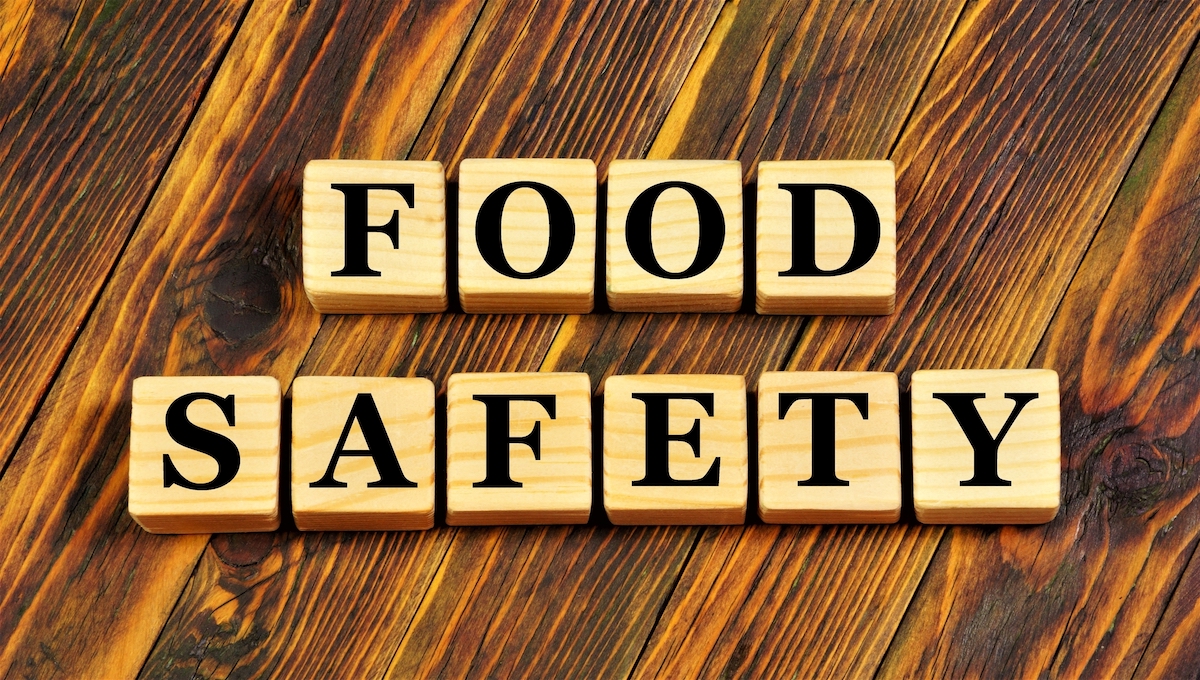
Awareness of food poisoning has gone down in recent years but it remains one of the top concerns for Europeans, according to a survey.
The Eurobarometer survey was conducted in March and April this year and included more than 26,500 respondents. Results were published by the European Food Safety Authority (EFSA).
Cost is the most important of seven factors when buying food, taste comes second, followed by food safety. The proportion indicating food safety as a driver decreased since the question was last asked in April 2019.
Seven in 10 in Cyprus select food safety as one of the main factors when buying food and this is also important in Romania, Greece and Croatia but less so in Estonia, Sweden and Denmark.
In 23 countries, respondents are less likely to mention food safety than in 2019. Malta shows the largest decline, followed by Luxembourg, Belgium, Germany and Portugal. It has gone up slightly in Austria, Greece and Ireland.
Bernhard Url, EFSA’s executive director, said: “Much has happened since our last survey in 2019, not least a global pandemic and the outbreak of war in Europe. Such events have dramatic consequences and unsurprisingly we see that for many Europeans a rise in the cost of living is affecting their food choices more than before. On the other hand, food safety remains important for many EU citizens and it is encouraging to see that almost half of them care about eating healthily as much as they do about food risks.”
Seven in 10 respondents across the EU are “personally interested” in the topic of food safety. This varies widely across member states, with the most interest in Greece, Cyprus and Luxembourg and the least in Poland, Czech Republic, Estonia and Sweden. Women are more likely than men to be interested in food safety and people aged 15 to 24 are the least likely to say they are interested.
Food poisoning awareness and concern
About one in five have a very high level of awareness of food safety topics listed in the survey. This means they have heard about at least 13 of the 15 areas mentioned.
More than half of respondents are aware of food poisoning from items contaminated by bacteria, viruses, and parasites. However, awareness declined slightly from the 2019 survey.
People in Greece, Portugal and France are the most likely to have heard about food poisoning while those in Czech Republic, Hungary and Croatia are the least likely. Awareness declined in 19 countries, most notably in Sweden, Finland and Croatia. However, it increased in Greece, Bulgaria and Cyprus.
Food poisoning from food or drinks contaminated by bacteria, viruses, and parasites was fourth in a list of 15 issues. It is the main concern for people in Ireland and Romania.
Portugal sees more than half of citizens concerned about food poisoning, followed by Greece and Spain. One fifth or less indicate it as a problem in Sweden, Estonia, Czech Republic and Finland.
Concern about food poisoning has declined in 13 countries and increased in 12. Greece stands out for the largest rise, followed by Bulgaria and Cyprus, while the biggest decreases are in Croatia, Sweden and Czech Republic.
Action in event of food scare
About four in 10 said they take it for granted that food sold is safe as a reason for not paying attention to information about food safety. The highest proportions indicating this are in Sweden, Finland and Portugal, while the lowest are in France, Greece and Romania.
Three in 10 indicate they know enough to avoid or mitigate food risks and more than one quarter find food safety information often highly technical and complex.
Almost eight in 10 Europeans indicate they are likely to change their food preparation or consumption behavior if a food poisoning incident is reported and authorities advise precautionary measures.
A quarter of respondents said all kinds of foods involve some risk and it is impossible to check and avoid them. One in five said they would be able to tell from the look, smell, or taste if the food was contaminated, which is not the case according to food safety experts.
More than eight in 10 respondents trust general practitioners and specialist doctors, scientists working at a university or publicly-funded research organization and consumer groups as sources of information on food risks. More than six in 10 trust EU institutions, national authorities and scientists working at an industrial or privately funded research organization.
(To sign up for a free subscription to Food Safety News, click here.)
